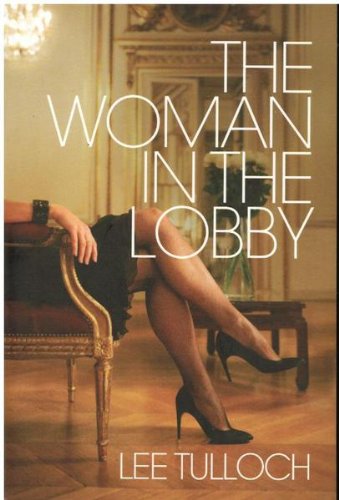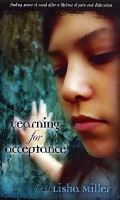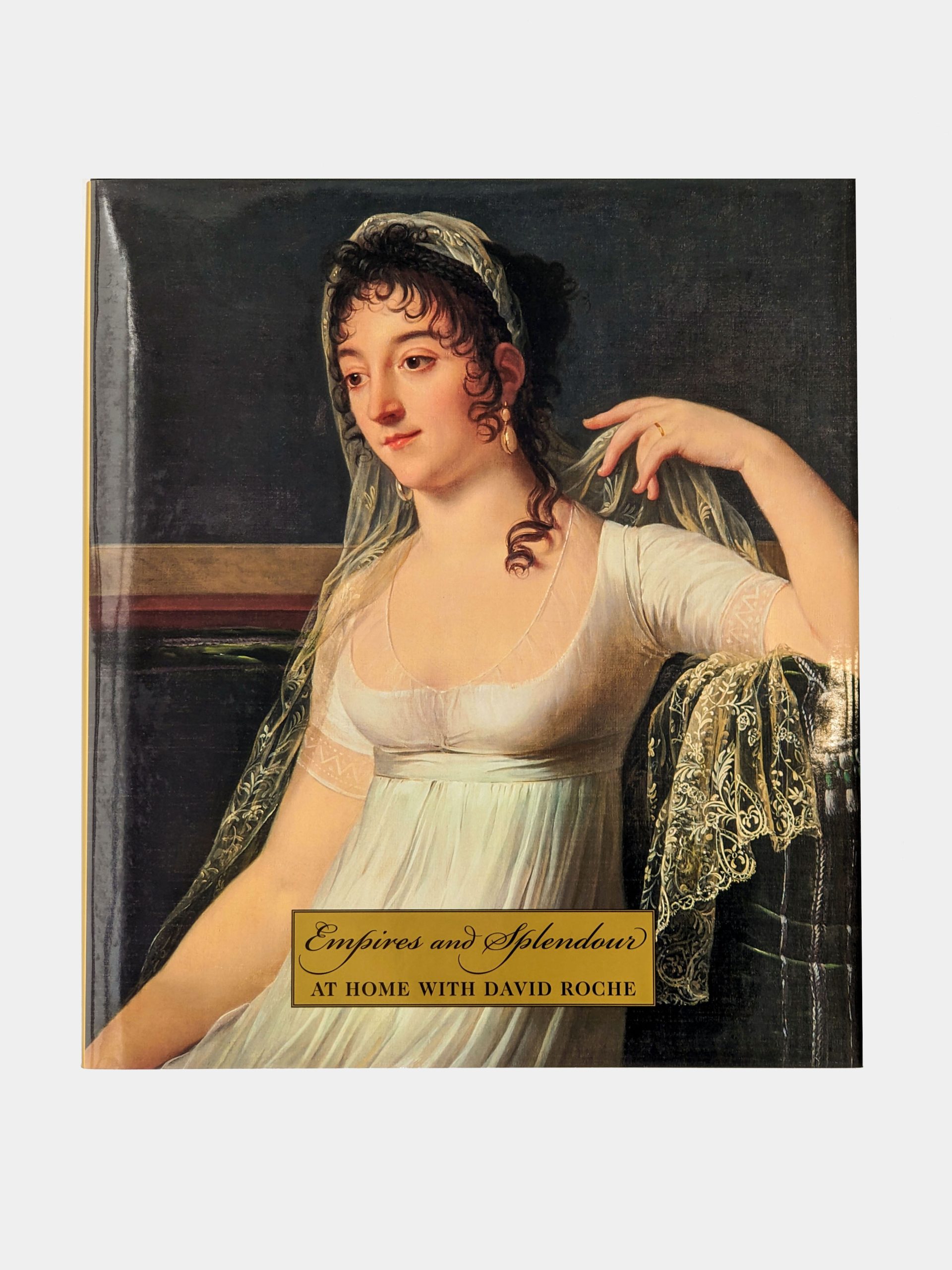Archive
Film | Theatre | Art | Opera | Music | Television | Festivals
Welcome to ABR Arts, home to some of Australia's best arts journalism. We review film, theatre, opera, music, television, art exhibitions – and more. To read ABR Arts articles in full, subscribe to ABR or take out an ABR Arts subscription. Both packages give full access to our arts reviews the moment they are published online and to our extensive arts archive.
Meanwhile, the ABR Arts e-newsletter, published every second Tuesday, will keep you up-to-date as to our recent arts reviews.
Recent reviews
A World-Proof Life: Eleanor Dark, a writer in her times, 1901-1985 by Marivic Wyndham
Not just another depressive
Dear Editor,
Barcroft Boake has suddenly become trendy, with a fictionalised (shudder) account of his life (Where the Dead Men Lie, by Hugh Capel) just published, as well as a Collected Works, Edited, With a Life, the review of which by Patrick Buckridge (July–August 2008) suggests that the old misconceptions about the poet, based on a biased account by A.G. Stephens, on which Clement Semmler based his biography, are in danger of achieving the status of fact.
Boake had a lot to be sad about. His much-loved mother died when he was thirteen; he had been apprenticed to a bankrupt who conned him out of a large inheritance; an employer neglected to pay him; and a couple of love affairs went bust. But to write him off as a depressive, with death his ‘single theme’, is to fly in the face of the reality I discovered when researching the biography that won the Walter Stone Award in 1986.
... (read more)Tasmania's Wilderness Battles: A History by Greg Buckman
W. A. Mozart by Hermann Abert, translated by Stewart Spencer and edited by Cliff Eisen
On 19 June 2008, at a gala dinner held at the State Library of New South Wales, Steven Carroll was announced as the winner of the 2008 Miles Franklin Award for his novel The Time We Have Taken (HarperCollins Australia). On accepting the Award, Steven Carroll said:
... (read more)It’s an extraordinary thrill and an honour – but it’s also daunting to be joining a long list of authors whom you’ve either studied or admired for years. The Miles Franklin comes with the gravitas of a whole literary tradition, and you feel that weight almost instantly.








